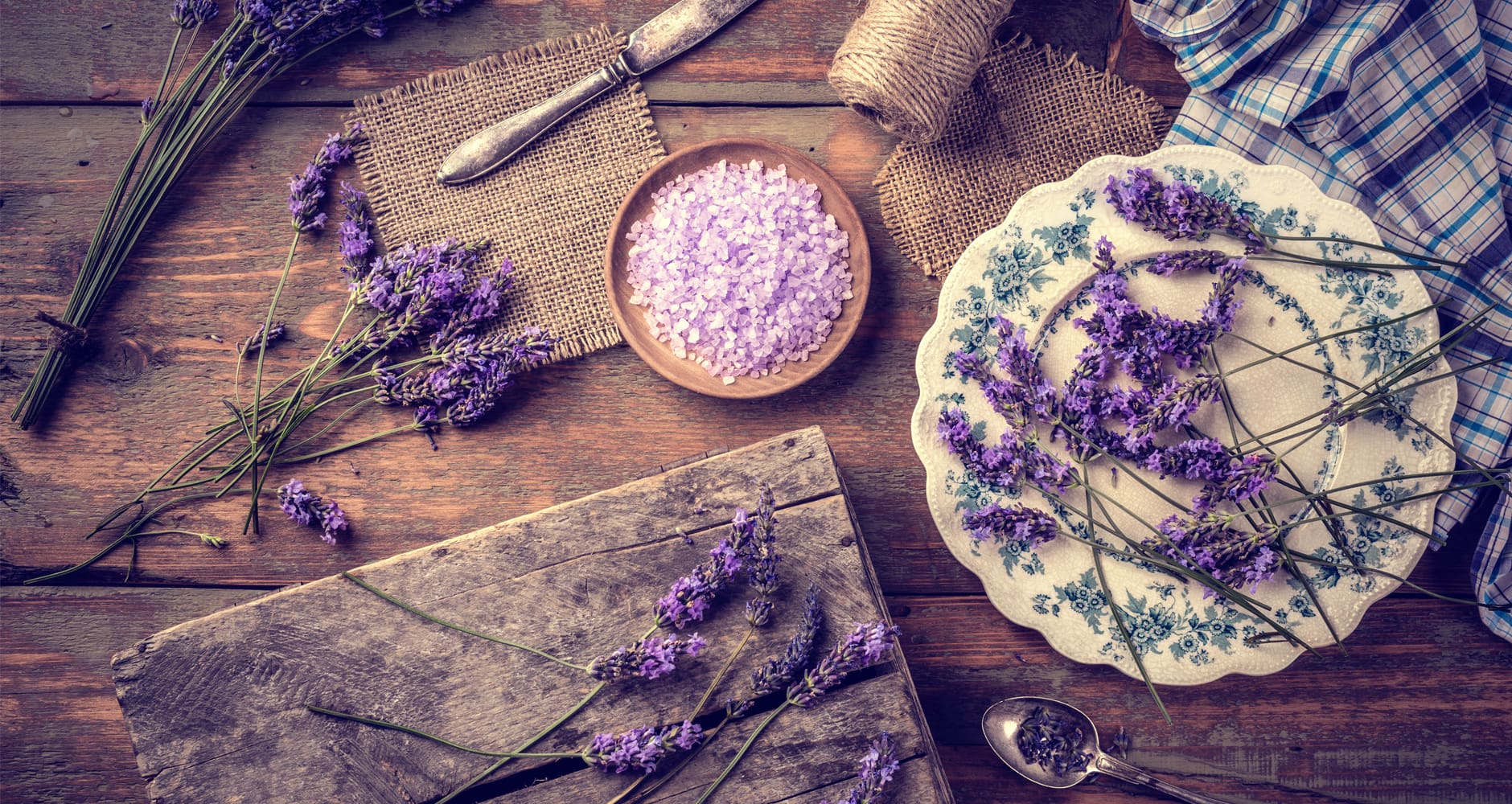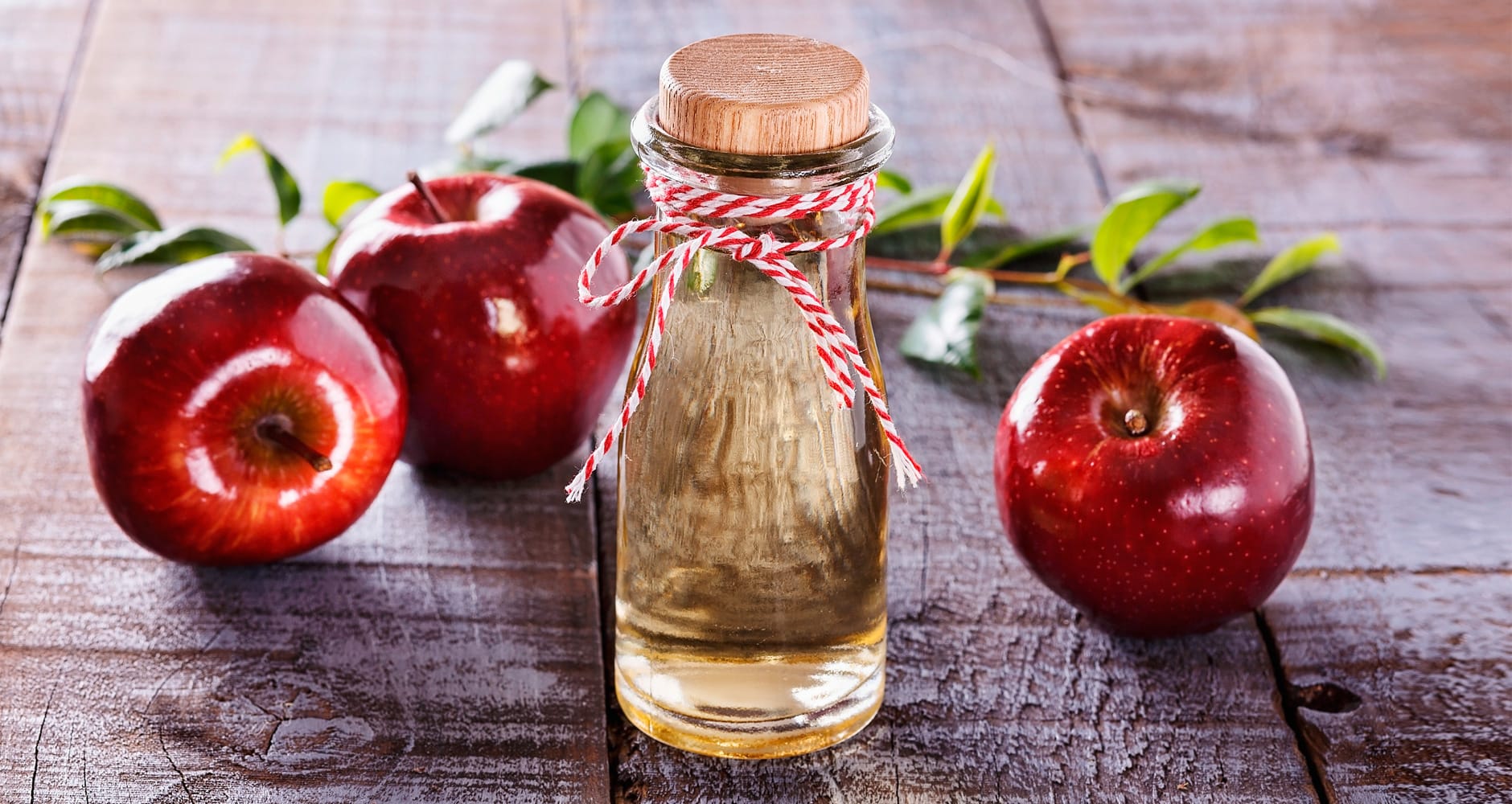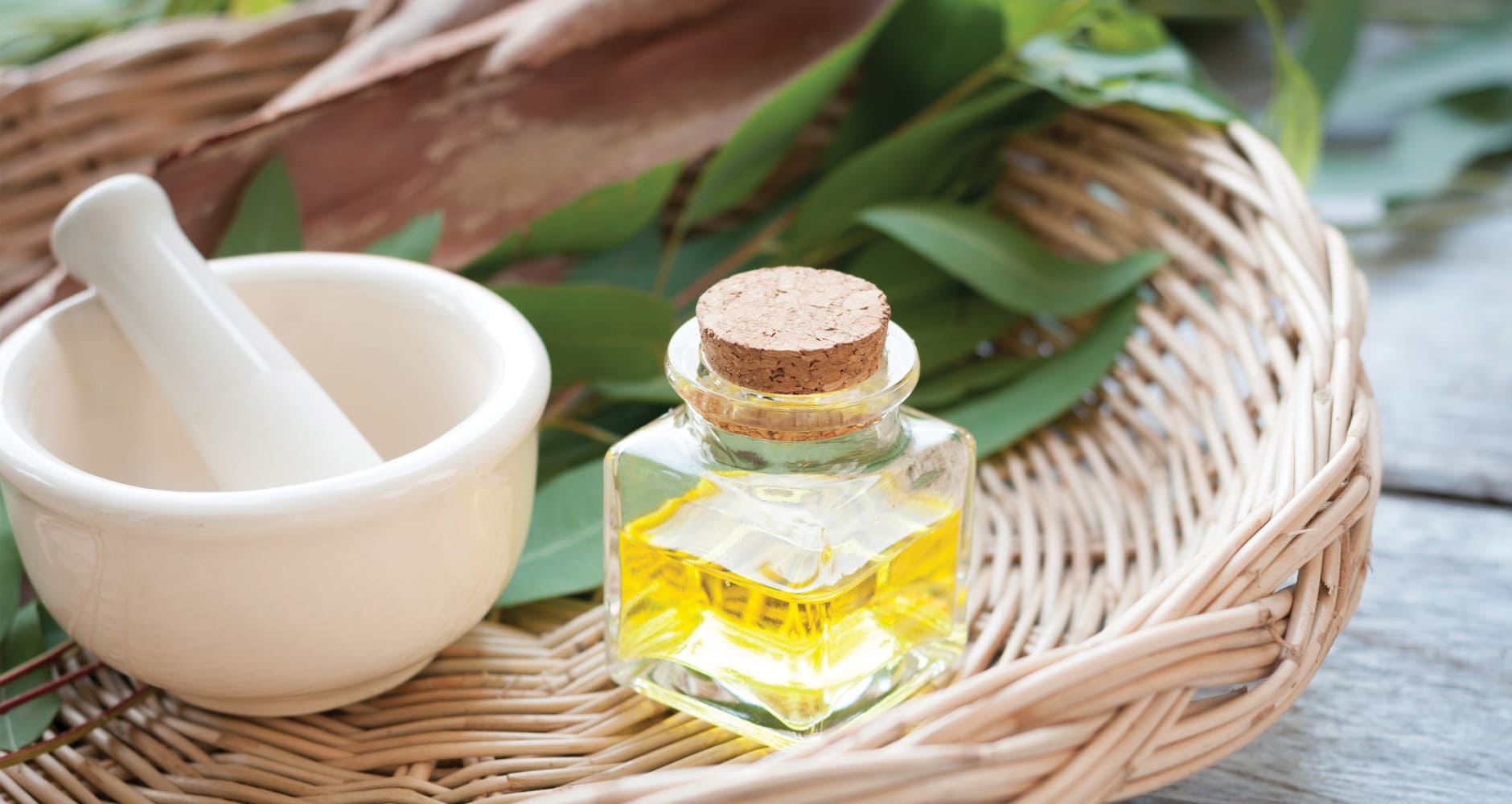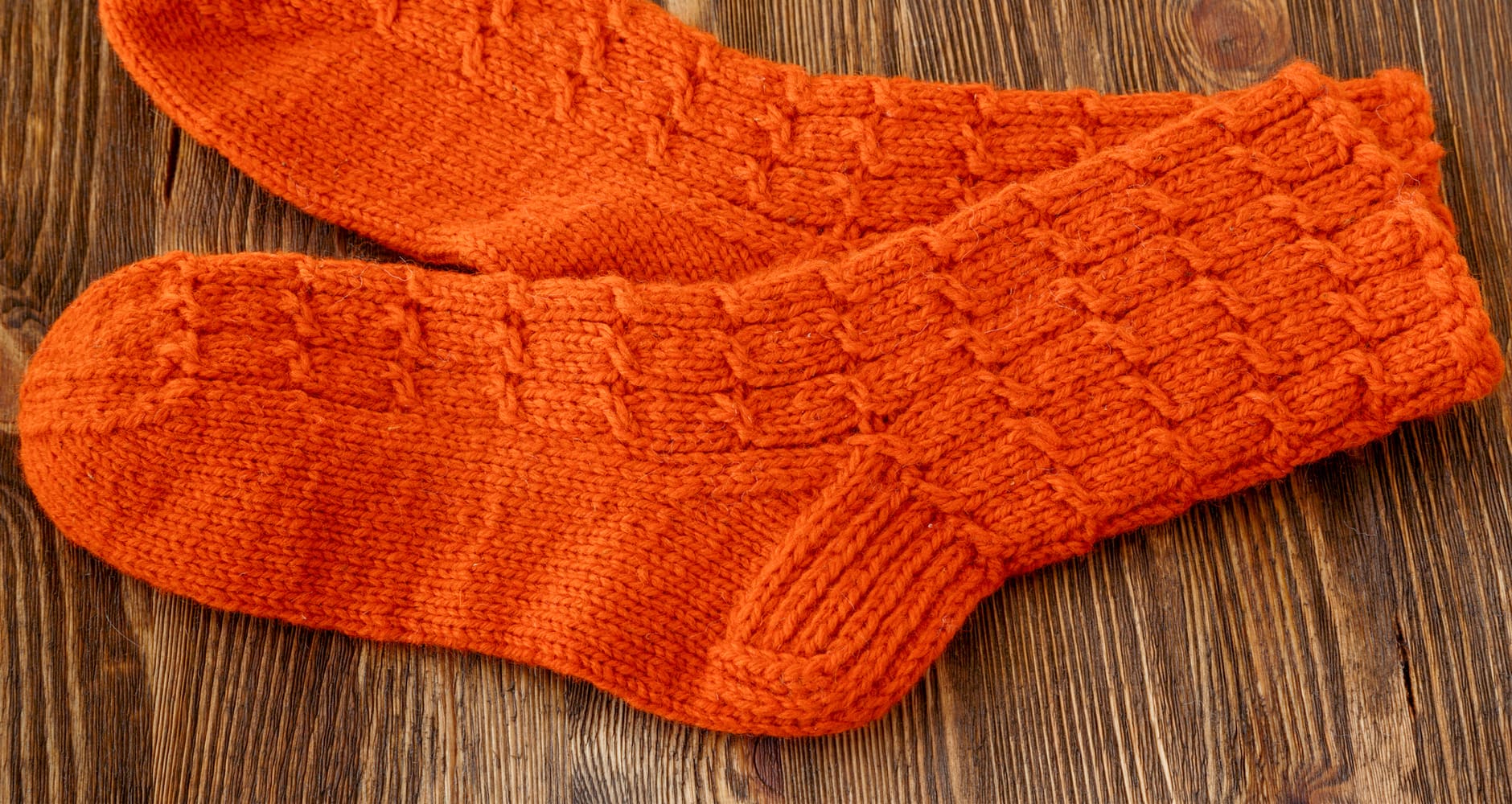
Anyone who has ever had a fever knows how miserable and worrisome they can be, particularly when dealing with young children. Fevers are a common sign of illness and a necessary response to stimulate the immune system and fend off unwanted invaders which thrive at normal body temperature. In fact, a fever is actually a good indicator that your immune system is working properly. Fevers play a vital role in fighting illnesses and should be worked with, rather than against. But they are uncomfortable and leave the patient feeling miserable.
But when it comes to fevers, we often are hasty in reaching for the medicine bottle. Regarding the common cold, flu, or viral infection, it may be counterproductive to suppress a fever using conventional OTC treatments, such as acetaminophen. It may provide some temporary relief, but it may make it harder for the immune system to do its job. Significant research suggests that a mild-to-moderate fever should be allowed to run its course, and by doing so, it can shorten the duration of the illness and reduce the chance of spreading the disease to others.
So, what do you do if a fever strikes? With most fevers, your goal should be comfort. These ten tips can help you naturally treat a fever and have you feeling better and back on your feet faster.
10 Natural Ways To Treat A Fever
1..Stay Hydrated: Rule #1 is to stay properly hydrated. Dehydration can happen easily, particularly with babies and young children. Often you will not have an appetite for food with a fever, as your body is busy using its energy to fight the illness and doesn’t want to expend it to digest food. There is no need to force your body to eat if you have no appetite, but keep up with the liquids. Try eating steamed vegetables, soups and, broths if possible to stay nourished. Drink plenty of water and herbal teas. Coconut water is a good choice to add electrolytes to your system. If you are too ill to eat or drink, try sucking on ice chips or ice pops.
2. Get Some Rest! Sleep is the body’s most powerful natural method for recovery from illness. In fact, lack of sleep can even make you sick. Be sure to get plenty of sleep to allow your body to use the energy it has to fight the illness. This is the perfect time to use those sick days and to keep your kids home from school. Extra sleep will ensure a quicker recovery, while also preventing spreading something if you happen to be contagious.
3. Drink Herbal Teas: Herbal teas are a great choice in aiding a fever. Not only do they help keep you hydrated, but they can produce perspiration while also strengthening your immune system to help you get better faster. Elderflowers, catnip (gentle choice for children), yarrow, white willow bark, Echinacea, and lemon balm are all known to assist in the treatment of fevers. Lemon juice and raw honey can be added to the tea for an extra boost of vitamin C (but never give honey to a child under one year of age).
4. Boost Your Immunity: Assist your body in fighting the illness: echinacea, elderberry syrup, Vitamin C (rose hips are a good source) and colloidal silver are all good options to have on hand to give your immune system a helping hand.
5. Try An Epsom Salt Bath: Epsom salt provides the body with hydration and magnesium while also drawing toxins from your body. Add 2 cups of Epsom salts to a warm (not cold) bath and soak (10-15 minutes for children and 20-30 minutes for adults).
6. Apple Cider Vinegar To The Rescue: Apple cider vinegar is another age-old remedy used to help “draw out” the fever. Soak a couple washcloths in diluted apple cider vinegar (1 part vinegar to 2 parts water) and place them on your forehead and tummy or wrap them around the soles of your feet. Alternatively, you can add a cup of apple cider vinegar to a warm bath.
7. Turn To Essential Oils: “Sweat it out” with peppermint oil, ginger oil, and cinnamon bark oil which can help warm the circulatory system and cause sweating. Lavender, thyme, rosemary, eucalyptus, and sage oils also help to provide soothing comfort when treating a fever. Try applying a few drops of lavender oil in cool water and soak a washcloth in the mixture. Rest it on your forehead for a cooling, relaxing effect. Alternatively, mix a few drops of peppermint oil with coconut oil and rub it on the bottoms of your feet and the back of your neck.
8. Drink Bone Broth: Grandma was right—chicken soup is good for more than just the soul, and bone broth kicks healing into a higher gear. Bone broth contains gelatin and cartilage which support healthy immune function. Drink a cup the next time a fever strikes to give your immune system a boost with the added benefit of keeping you hydrated. Homemade bone broth, using healthy, organic bones and vegetables, is always preferred, however, there are many store-bought varieties available as well.
9. Try Homeopathy: Homeopathy is the belief that the body has the ability to heal itself, and homeopathic remedies are natural ways to support your body during a fever. Belladonna, Aconite, Nux Vomica, and Pulsatilla are among the most common homeopathic remedies used to treat fevers effectively. They are said to stimulate the body’s natural ability to self heal, shortening the duration of illness and recovery time. These remedies can be found at most health food stores, drug stores, or can be ordered online. See our note on homeopathic medicines, below.
10. Wet Sock Treatment: The wet sock treatment may sound strange, but many people swear by this natural remedy to help stimulate the immune system and increase blood circulation. It is best to use this technique on the first day of the illness and to do it for a few nights in a row for maximum effectiveness. First, you will need to warm your feet in a warm bath or shower. Dry them completely. Then, right before going to bed, soak a thin pair of cotton socks in cold water, wring them out and slip them on. Cover with a pair of dry wool socks. The wet socks should be warm and dry in the morning. If you wake in the middle of the night and the socks are already dry, repeat before going back to sleep.
Fever Red Flags
While it is generally advisable to let a fever run its course, there are certain red flags to watch for that may indicate a need for a trip or call to the doctor:
- Dehydration.
- Persistent fever lasting more than 2-3 days.
- Any fever over 100.4º F in a baby under 3 months.
- A fever over 104º F, or when the person has a compromised immune system or is undergoing chemotherapy treatment.
- No clear source of the fever (no runny nose, no cough, no pain, etc.).
- Excessive lethargy.
- Trouble breathing.
While most fevers are harmless and are actually helpful, always use your best judgment and consult your doctor if there is a cause for concern.
Important Notice: This article was originally published at www.farmersalmanac.com by Natalie LaVolpe where all credits are due.
Disclaimer
The watching, interacting, and participation of any kind with anything on this page does not constitute or initiate a doctor-patient relationship with Dr. Farrah®. None of the statements here have been evaluated by the Food and Drug Administration (FDA). The products of Dr. Farrah® are not intended to diagnose, treat, cure, or prevent any disease. The information being provided should only be considered for education and entertainment purposes only. If you feel that anything you see or hear may be of value to you on this page or on any other medium of any kind associated with, showing, or quoting anything relating to Dr. Farrah® in any way at any time, you are encouraged to and agree to consult with a licensed healthcare professional in your area to discuss it. If you feel that you’re having a healthcare emergency, seek medical attention immediately. The views expressed here are simply either the views and opinions of Dr. Farrah® or others appearing and are protected under the first amendment.
Dr. Farrah® is a highly experienced Licensed Medical Doctor certified in evidence-based clinical nutrition, not some enthusiast, formulator, or medium promoting the wild and unrestrained use of nutrition products for health issues without clinical experience and scientific evidence of therapeutic benefit. Dr. Farrah® has personally and keenly studied everything she recommends, and more importantly, she’s closely observed the reactions and results in a clinical setting countless times over the course of her career involving the treatment of over 150,000 patients.
Dr. Farrah® promotes evidence-based natural approaches to health, which means integrating her individual scientific and clinical expertise with the best available external clinical evidence from systematic research. By individual clinical expertise, I refer to the proficiency and judgment that individual clinicians acquire through clinical experience and clinical practice.
Dr. Farrah® does not make any representation or warranties with respect to the accuracy, applicability, fitness, or completeness of any multimedia content provided. Dr. Farrah® does not warrant the performance, effectiveness, or applicability of any sites listed, linked, or referenced to, in, or by any multimedia content.
To be clear, the multimedia content is not intended to be a substitute for professional medical advice, diagnosis, or treatment. Always seek the advice of your physician or other qualified health providers with any questions you may have regarding a medical condition. Never disregard professional medical advice or delay in seeking it because of something you have read or seen in any website, video, image, or media of any kind. Dr. Farrah® hereby disclaims any and all liability to any party for any direct, indirect, implied, punitive, special, incidental, or other consequential damages arising directly or indirectly from any use of the content, which is provided as is, and without warranties.

















